Search Results for: Lions
Skip to resultsCan’t find what you’re looking for? Visit our FAQ page.
1,382 results for: Lions
-
 Health & Medicine
Health & MedicineReport offers stimulating recommendation on coffee
Results from a committee of experts give the blessing to moderate coffee intake. But as we all raise our mugs, the science behind the report is worth a closer look.
-
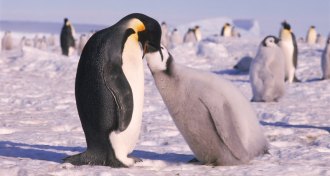 Genetics
GeneticsFor penguins, it’s a matter of no taste
Penguins lack taste genes for bitter, sweet and umami.
-
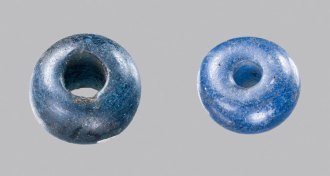 Archaeology
ArchaeologyAncient Egyptian blue glass beads reached Scandinavia
Chemical analysis of Danish discoveries extends northern reach of Bronze Age trade.
By Bruce Bower -
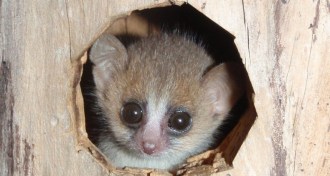 Life
LifeStudy finds lack of evidence for infanticide link to monogamy
A new study contradicts idea that the rise of infanticide among mammals drove the evolution of monogamy.
By Susan Milius -
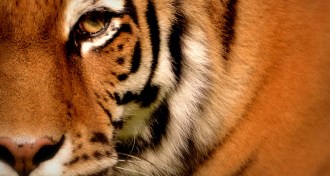 Animals
AnimalsDog disease threatens Siberian tigers
Canine distemper virus poses a particular danger to small groups of the big cats.
-
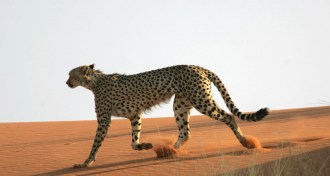 Animals
AnimalsLooking for, not catching, prey drains big cats’ energy
For some big cats, ambushing prey in quick attacks may ease the high energy cost of hunting, new studies show.
By Meghan Rosen -
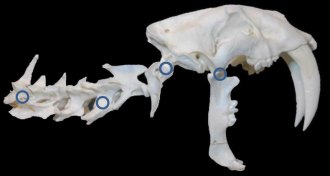 Animals
AnimalsHow a saber-toothed cat is like a can opener
A researcher argues that the saber-toothed cat’s teeth acted like an old-fashioned can opener.
-
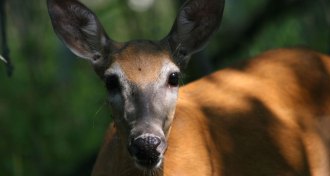 Animals
AnimalsMama deer respond to the cries of human babies
Deer mothers approached a speaker playing distress calls of young mammals when the frequency fell into the same range as fawns.
-
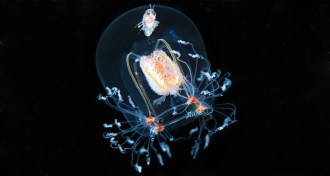 Animals
AnimalsSeeing past the jellyfish sting
Jellies don’t get nearly as much love as their cousins, the corals, but they deserve credit for providing homes to some creatures, dinner to others and more. They’re an integral part of the oceans.
By Susan Milius -
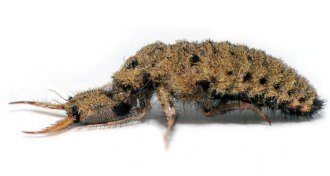 Animals
AnimalsAnt lions hunt despite sealed lips
Ant lions are ferocious predators, but some of them don’t have a mouth. At least not in the usual sense.
By Susan Milius -
 Science & Society
Science & SocietyTop 10 things everybody should know about science
Much of scientific knowledge can be condensed into a few basic principles that every educated person should know.
-
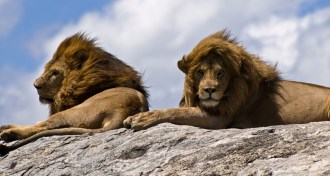 Life
LifeCheetahs, but not wild dogs, manage to live with lions
One conservation tenet says that cheetahs can’t survive when lions are around, but it’s wild dogs that disappeared in one lion-dense area of the Serengeti.